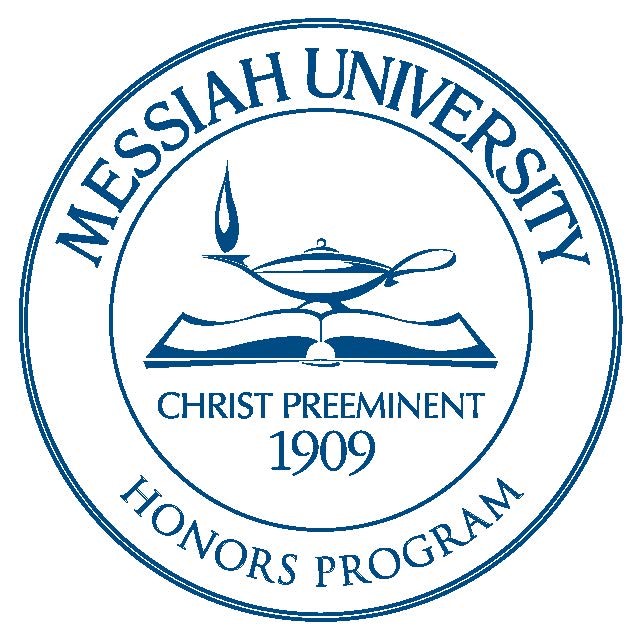Date of Award
2012
Document Type
Thesis
Degree Name
Bachelor of Science (BS)
Department
Biological Sciences
First Advisor
Dr. Lawrence Mylin
Abstract
Our laboratory has used the SV40 T ag as a model tumor antigen to study CD8+ T cell-dependent control SV40 T ag-induced tumors in mice. We wish to explore the role of SV40 T ag-specific CD4+ T cells in establishing and maintaining tumor control and in regulating tumor-induced (CD8+) T cell tolerance. Residues 529-543 have been identified as a CD4+ epitope within the SV40 T ag which appears to be weakly immunogenic in C57Bl/6 mice immunized with SV40 T ag-expressing cells. To explore factors that may limit the immunogenicity of LT529-543 within SV40 T ag, we have constructed SV40 T ag derivatives in which LT529-543 was replaced by amino acids corresponding the related murine Polyomavirus Large T antigen (mPyT) LT678-690 epitope. Immortalized cell lines were generated by transfection of primary C57Bl/6 kidney cells, and have been compared in immunization experiments to established cell lines that expressed the unaltered SV40 T ag. The results of these experiments combined with those of experiments in which the immunogenicities of synthetic peptides corresponding to the respective epitopes were compared to allow us to determine that the location within the SV40 T ag, and the intrinsic properties of the epitope, limit the immunogenicity of the SV40 T ag LT529-543 and murine polyomavirus LT678-690. Although it produced nearly double the immune response when immunized as synthetic peptides or within the SV40 T ag, it still appeared as an intrinsically weak epitope, contradictory to the work by Lin et al.
Recommended Citation
Hallowell, Benjamin; Miller, Elizabeth; and Mylin, Lawrence, "Monitoring CD4+ T Lymphocyte Induction by a Mouse Polyomavirus Epitope inserted into the Simian Virus 40 Large Tumor Antigen (SV40 T ag)" (2012). Honors Projects and Presentations: Undergraduate. 146.
https://mosaic.messiah.edu/honors/146


